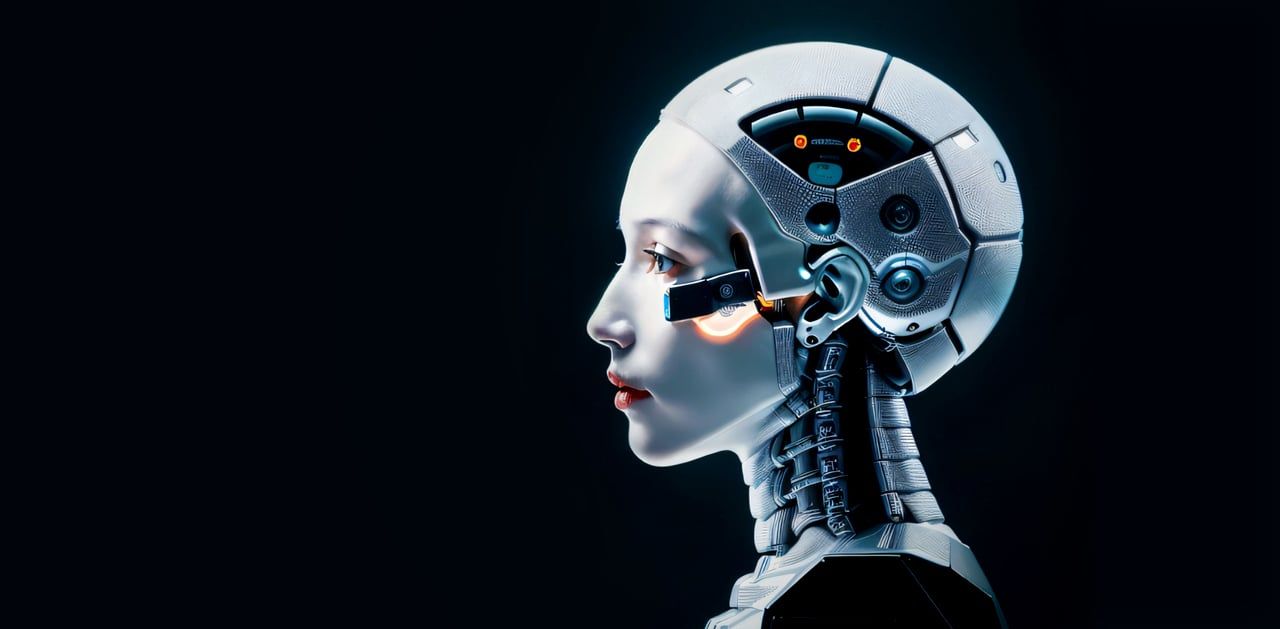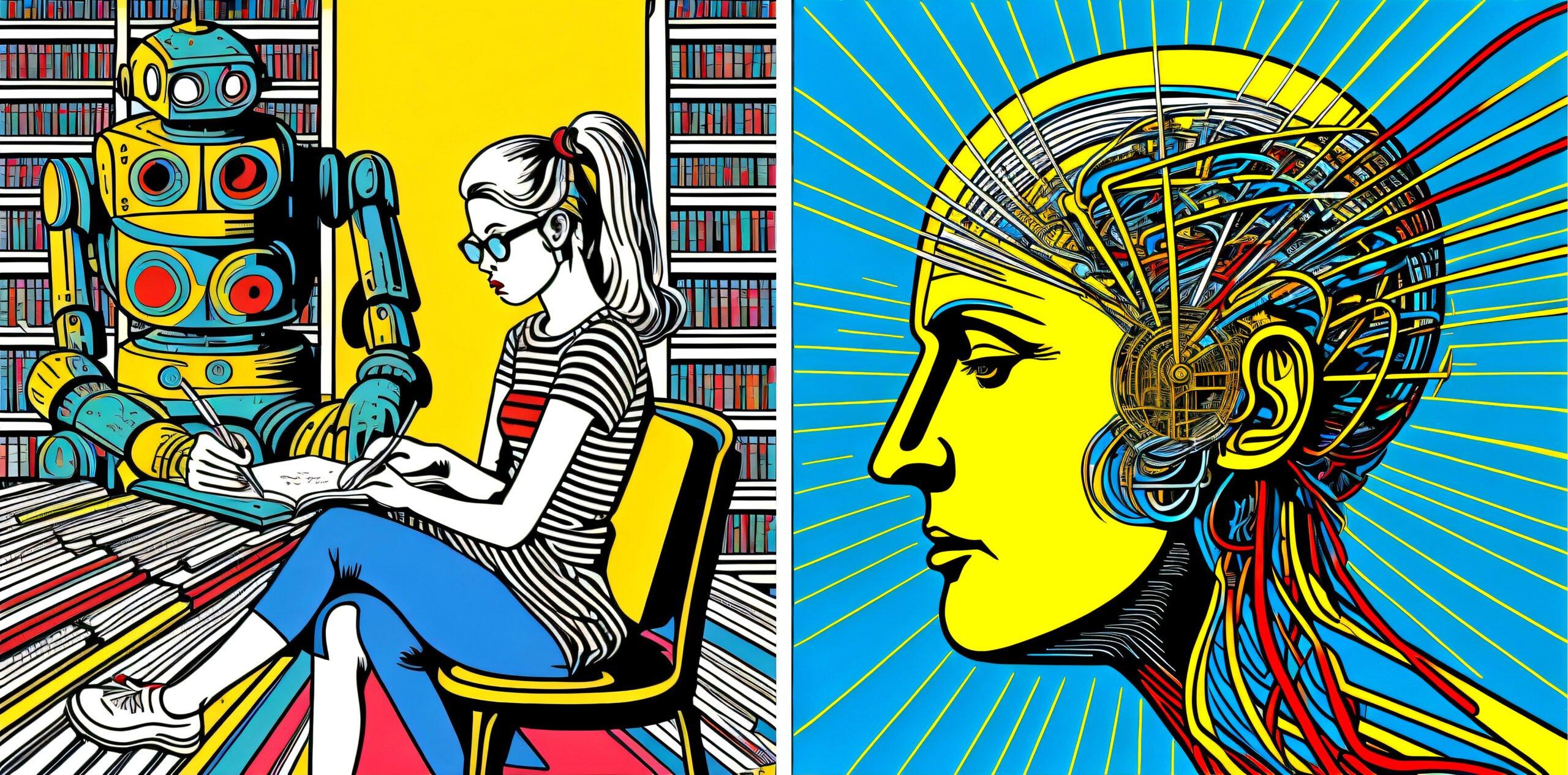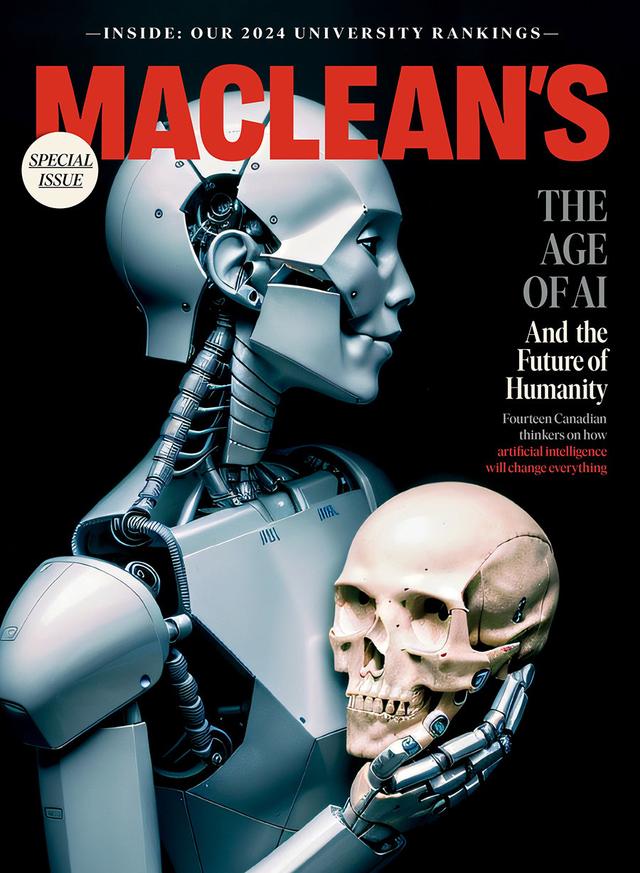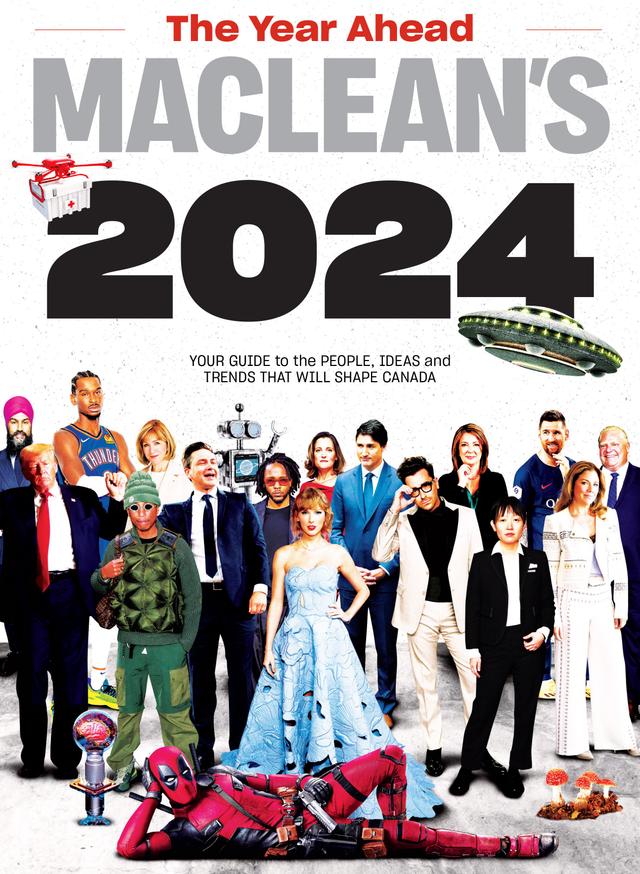AI: The Future Is Now
We asked 14 leading thinkers to investigate the promises and pitfalls of the fast-accelerating AI revolution. Here’s what they found.

Share
October 12, 2023
It was barely a year ago that artificial intelligence still seemed safely boxed away into the realm of “let’s worry about that later.” But, as with climate change and political extremism, the hypothetical has quickly (and scarily) morphed into the concrete. Generative AI applications like ChatGPT and Midjourney are now as ubiquitous in our technological imagination as Facebook and TikTok. TV writers and actors are striking in fear that streaming studios will steal their words and faces. And Geoffrey Hinton, the Toronto-based scientist behind much of the AI we’re using today, has become a modern-day Oppenheimer, suggesting the technology he brought into existence might threaten humanity. But AI isn’t all horror and global havoc: it can also fast-track health care, provide companionship to lonely souls, speed up our supply chains. We reached out to Canada’s top AI thinkers in fields like ethics, health and computer science and asked them to predict where AI will take us in the coming years, for better or worse. The results may sound like science fiction—but they’re coming at you sooner than you think.

Fifteen Canadian thinkers on how artificial intelligence will change everything



